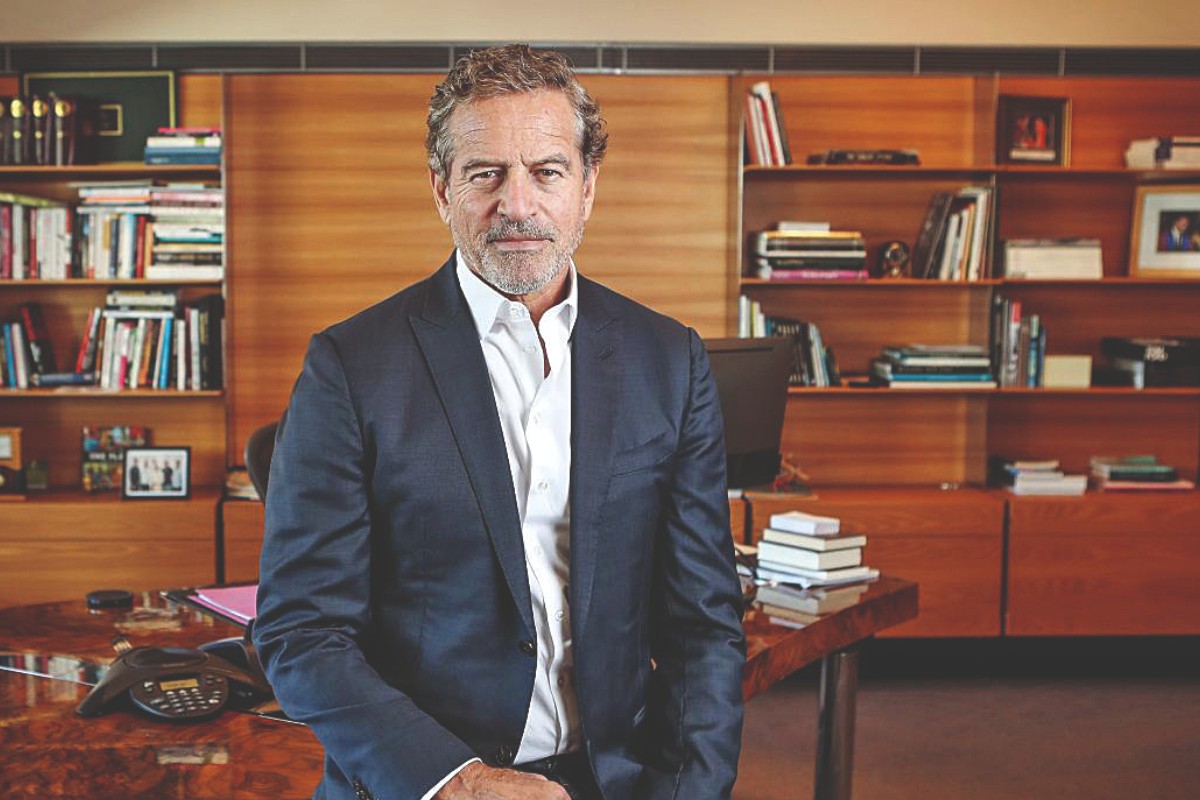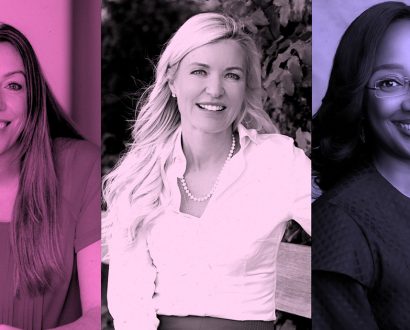In business, as in life, adversity is a given, and some CEOs find themselves stumbling from one crisis to the next, struggling not to be overwhelmed and to bounce back.
But the scale and speed of the global pandemic we’re dealing with now prompts the use of a more telling term than ‘crisis’ or even ‘recession’ – it’s a full-blown disaster. And as the CEO of Aussie Home Loans, James Symond, quite rightly points out, very few people have faced something of this magnitude before.
“The fact is, there isn’t a serious business person – certainly not anyone under the age of 50 – who has been through a truly tough time in Australia, and the last real recession was in the late 80s and early 90s,” says Symond, nephew of the famous Aussie John, who remains his company’s chair.
“And this is a pandemic, so there simply isn’t a rule book for this one.” Symond, who describes himself as a young CEO at 48, believes his business is perfectly placed to bounce back from disaster because it’s had so much practice. “There’s always been a crisis at Aussie Home Loans,” he says.
“This business was born out of adversity – the big banks were against us from day one. We had to fight that. Then we had the GFC with huge issues of credit, and next, the Royal Commission came along and tried to smash the mortgage-broking industry. But that’s what it’s like for a lot of businesses today; you go from crisis to crisis.
“Don’t let a crisis go to waste. Basically, don’t just survive it, thrive from it.” – James Symond
“When I started at Aussie, I was 19. We had four staff and John had gone bust. I’d finished school and he called me up and said, ‘Look, we’ve got no money, can you come in and give me a hand?’ So things have been tough from day one for me.”
Having one of Australia’s most successful businessmen as a mentor for his entire working life has taught the younger Symond more than a little about how to navigate the stormier side of business.
He says the biggest thing he’s learned about facing adversity is to remember that “after every storm, there is a rainbow”. That might sound like the sort of thing you’d find on a motivational poster featuring a kitten, but he breaks it down into more concrete advice.
“Don’t let a crisis go to waste. Basically, don’t just survive it, thrive from it,” Symond says enthusiastically. “During the GFC, for example, the whole financial structure had changed, but we saw it as an opportunity, and we leveraged our shareholding to purchase Wizard Home Loans – a key competitor. We brought over nearly 100 of their branches. We went from 24 stores to 124 in that period, and that was a clear example of making the most of a crisis.
“You’ve got to have a steady hand at times like these to make sure your people are confident and comfortable and understand their purpose, but at the same time you’ve got to be looking for opportunities.
“Change is the one constant in business; we’re used to change, we revel in it and we take advantage of it.”
Crisis or opportunity?
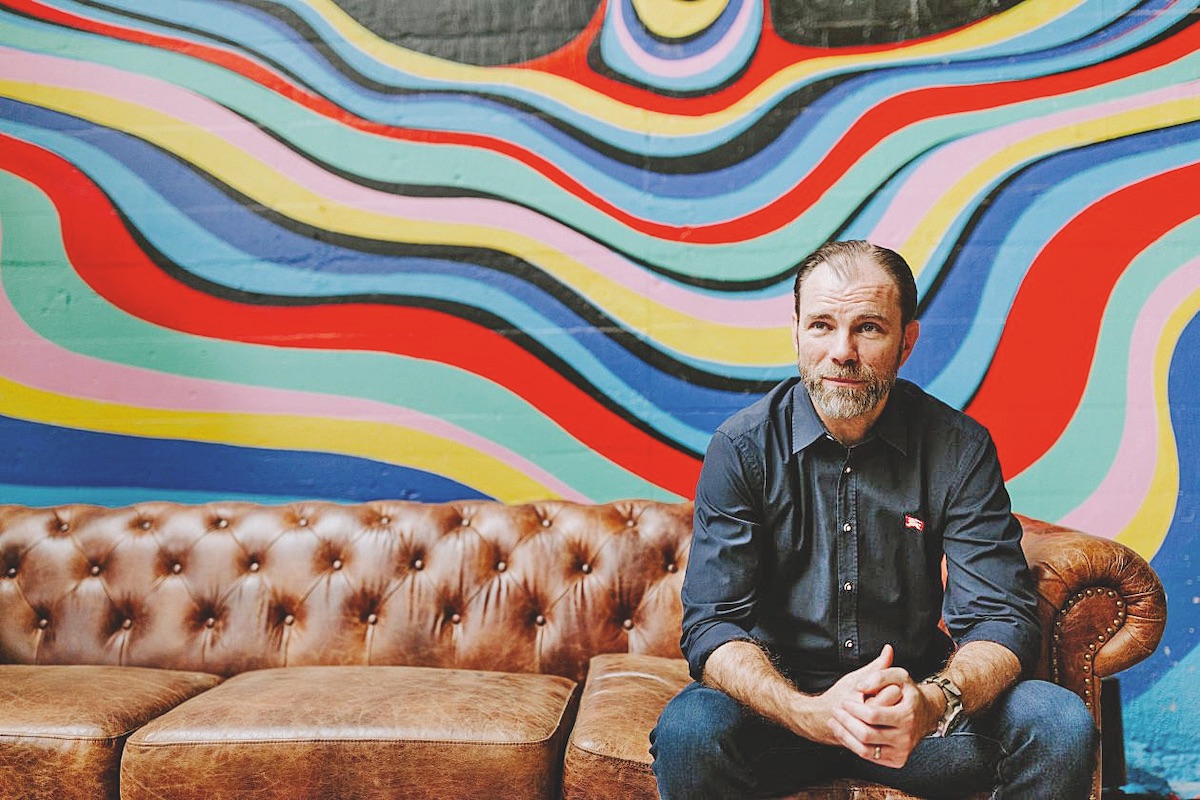
Brett Kelly, 45, Founder and CEO of Kelly+Partners Chartered Accountants, is another who firmly believes that ‘crisis’ is just another word for ‘opportunity’.
“If other people are feeling under pressure, that’s the time when you need to go a bit harder,” says Kelly, who describes the legendarily brutal founder of McDonald’s, Ray Kroc, as an inspirational figure.
“Kroc said that when your competitors are drowning, you should put a fire hose down their throats – it’s a good quote,” he says.
“The fact is, when people are making money, they need someone to count it, and when they’re not, they need someone to give them the certainty that they’re going to be okay. If you’re in the business of helping people, it’s a good time to push on rather than be depressive.
“We believe that when there’s a crisis, people are more open to change, more open to new ideas and willing to make more effort to make things work. It’s a fantastic time to push ahead – there’s a bit of electricity in the air, people are awake and they’re saying, ‘Hey, what can we do now?’”
Kelly launched his business in 2006, just in time to run headlong into the GFC, and he used that time of uncertainty and creeping panic to make a series of acquisitions of accounting firms – tripling the size of his business – as other people floundered and struggled to bounce back.
“We believe that when there’s a crisis, people are more open to change, more open to new ideas and willing to make more effort to make things work. It’s a fantastic time to push ahead.” – Brett Kelly
“We made our third acquisition in September 2008, so I certainly remember what was going on at the time, but I recall that I could feel a GFC was coming back in 2006, so I was well prepared for that, but I also started my career in 1993, off the back of the recession,” he says.
“And I’ve had a feeling, since 2017, that some kind of drama would come out of China, although I can’t claim to have thought of a scenario like this, but we’ve tried to be prepared.
“I think Australians, as a society, have been completely out to lunch for some time. We thought work–life balance was the aim of life, whereas if you have a role that you really love, then you should be very focused on that work.”
Kelly believes the virus crisis has been a big wake-up call for large swathes of society, including managers, and that only the well-prepared and highly focused will survive unharmed. “It’s not irrational to be scared, but only the paranoid will survive, and we’re pumped about surviving,” he says.
Living through the crisis, and the huge changes in work practices that it has forced, has taught Kelly the value of hiring the right people, and proved to him that he has done so.
“We’ve made some tough decisions, we’ve reduced staff, chopped wages, taken every possible overhead out of the business, but the key is to be pessimistic in the short-term and optimistic in the long-term,” he insists.
“Assume the worst case and then just work really hard.” Some disasters are smaller than others, of course, but if something happens specifically to your business that threatens to upend it, or indeed end it, then for you, it can be as powerful as a pandemic.
Building trust
Bob La Loggia is the CEO and Founder of AppointmentPlus, an online appointment-scheduling software company based in the US.
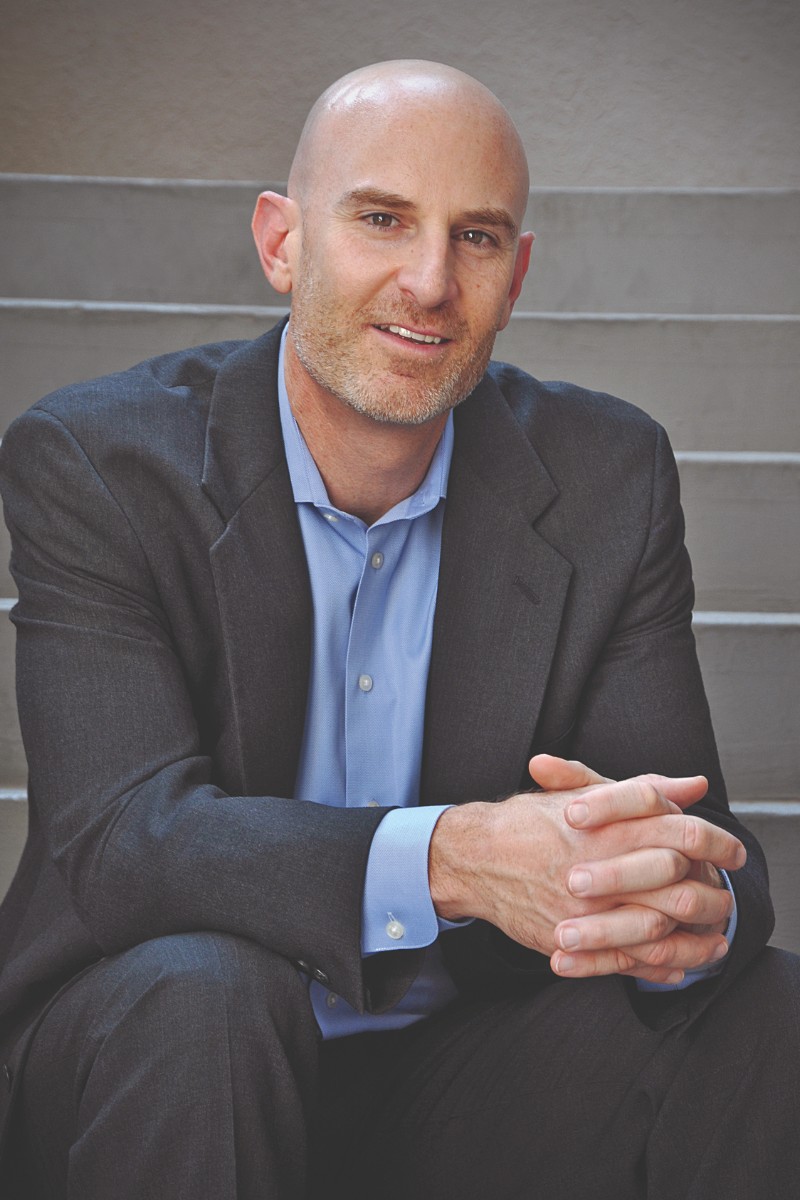
A few years ago, La Loggia’s company rolled out what should have been a routine software update, which proceeded to go horribly wrong and the core business of its application ceased to function.
“Before we could even fix the issues, some clients began looking elsewhere for a replacement,” La Loggia recalls.
“Many businesses not only recover from bad situations but go on to be even more successful in the future.” – Bob La Loggia
While his business was big enough to cope with losing some customers, it was the sort of debacle that could kill a smaller enterprise, and it undoubtedly caused damage to the company’s reputation, and had his employees questioning the stability of the organisation they worked for.
“But as awful as situations like these might be, they also provide unique opportunities to build trust – not only with your clients but also with your team,” La Loggia says.
“Going through a traumatic situation with others brings you closer together and helps form powerful bonds. As difficult as it is to tackle a tough situation, the company and team involved can become more resilient than ever.
“Indeed, many businesses not only recover from bad situations but go on to be even more successful in the future.”
Bounce back lessons from Samsung

One of the most famous recent examples of a company having to drag itself out of a reputational crater that it created was the exploding-battery disaster that befell global giant Samsung when it launched its Galaxy Note 7 phone.
Remember in 2016, when you couldn’t sit down on a plane without the flight crew effectively giving the Samsung brand a good kicking? They’d announce that passengers were not allowed to bring their Galaxy Note 7s on board for fear they might explode and kill everyone.
That sort of PR disaster could easily have broken the company, or at least its mobile-phone arm, and it did wipe a whopping A$37.8 billion off its stock market value.
And yet it managed to bounce back. Today it is still the number-one phone manufacturer in the world with a market share above 30%, a good 10 points in front of Apple. Professor Thomas Cooke, from Georgetown University’s McDonough School of Business, sums up the company’s recovery in a simple sentence: “I have one word to describe Samsung – Teflon.”
Samsung’s executives formed a crisis team of 40 and locked them away at its US headquarters. “I didn’t sleep much for 120 days,” recalls Tim Baxter, Samsung’s North America CEO. “At times, we felt a little bit like we were in a bunker.”
The team basically lived in a conference room for three months, with workdays often ending at 4am or 5am and then starting again at 6am. “We learned more about working as a team in that time – almost operating as a startup – than I’d ever experienced,” Baxter says.
An aggressive recall, which managed to collect 99% of all Note 7 phones sold in the US, a PR blitz and the successful launch of subsequent S8 models has seen the company rebound as if nothing ever happened. Last year, the Korean giant made A$23.4 billion in operating profit.
GFC Learnings

As far as Australia’s ability to bounce back from the global economic disaster caused by coronavirus lockdowns is concerned – particularly soaring unemployment and crushed consumer confidence – Mark Bouris, Executive Chair of Yellow Brick Road, believes we only need to look at how well, and how wisely, this country coped with the GFC.
“It’s become the norm to read about our great luck, as Europe and the US wrestled with soaring debt and high unemployment, and Australia just sailed through. But Australia’s excellent response to the GFC was as much about individual austerity and sacrifice as it was about exports to China and economic management,” says Bouris, sounding scarily like a politician for someone who was a former host of The Apprentice.
“It’s all the small sacrifices and belt-tightening that makes an economy. Australians have not only been lucky – they’ve been smart.”
“Right now we need energy. We need to be creative. We need to show initiative. We have to be innovative – that’s really important.” – Mark Bouris
Bouris acknowledges that the situation we’re facing now is, of course, far more dire than the GFC because it’s a consumer-led problem rather than a financial balance sheet one.
“And so we know we’ve got to wait for people to get confidence back and get money back in their pockets before we recover,” he says.
“If you sit back like a stunned mullet, you’re gonna be a target and you’re gonna get stuffed. So right now we need energy. We need to be creative. We need to show initiative. We need to come up with new ideas. We have to be innovative – that’s really important.”
Resilience, not stoicism
One business leader who should know more than most about the bounce back from bad times is Stuart Taylor, CEO of Springfox, an organisation that has been teaching companies in Australia about the value of resilience in the workplace for 17 years.
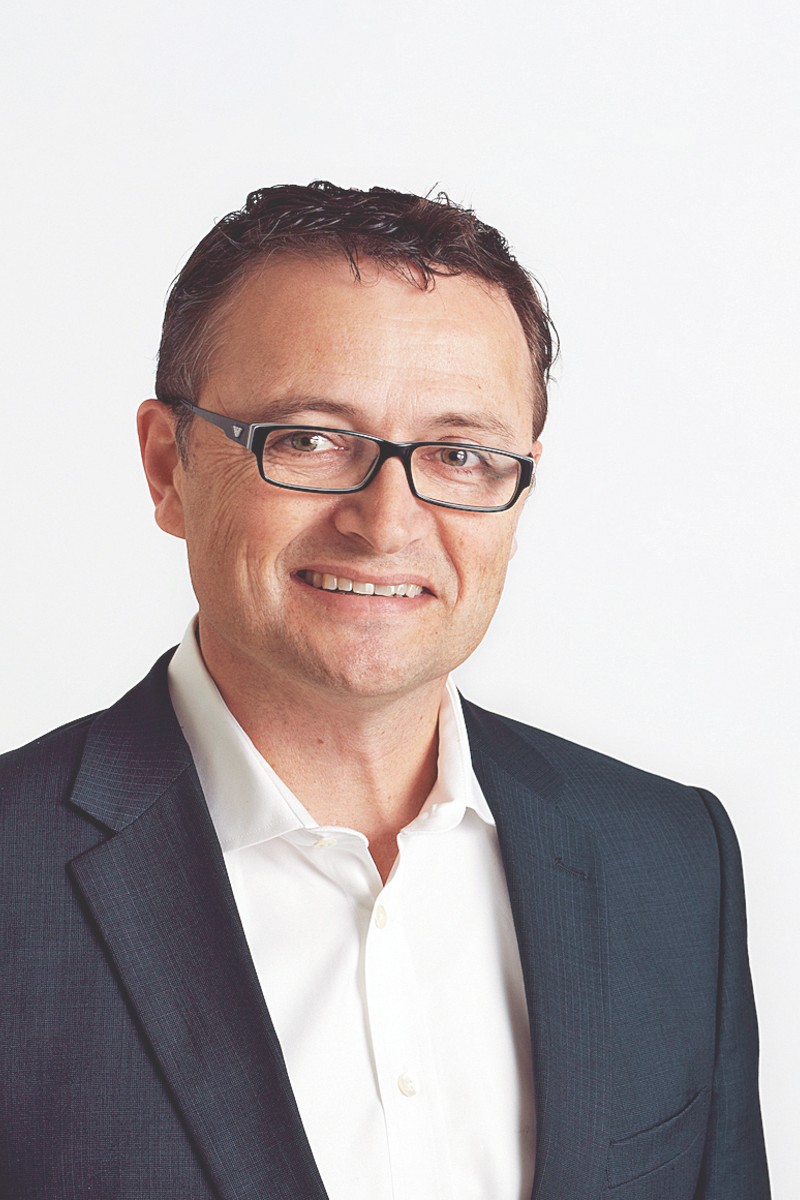
Taylor, 50, knows there’s a lot of talk about resilience in today’s climate, but he says it’s a term that’s often been incorrectly defined in a business sense.
“Resilience is not about stoicism. Life is about more than just coping until you get to your death bed; it’s about how you enjoy yourself along the way,” he explains.
“Bouncing back is about recognising that worry is a choice; it’s not injected into our bodies. It’s about our brains filling us with suspicions that the future is going to be ugly, and you have to learn to bring yourself back into the present to concentrate on your breathing and to retrain your thinking.”
For Taylor, one plus of the current unique environment is, as he says, that we’re seeing the concept of resilience become more than an individual, or even narcissistic, idea.
“When a crisis is unfolding, communities come together and think less about themselves and more about the big picture: ‘How do we all move through this together?’ And we do see the best in people when there is an opportunity to do things for others,” he says.

